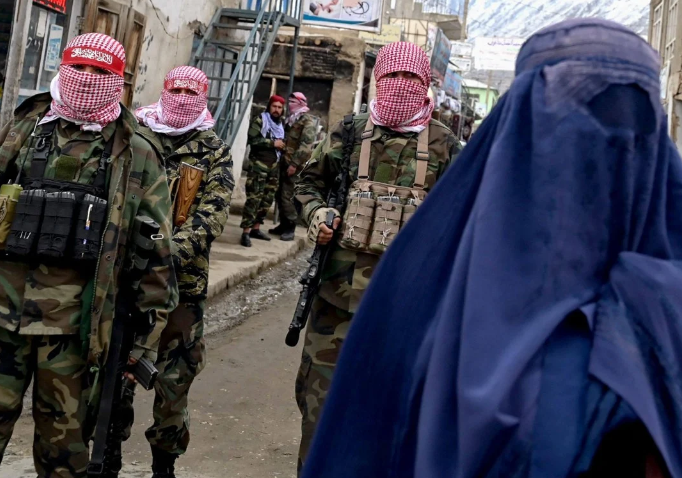
In a grim display of power, the Taliban carried out another public execution in northern Afghanistan, drawing attention and concern from the global community. The incident took place at a sports stadium in Shibirghan, Jawzjan province, where thousands gathered to witness the solemn proceedings.
The individual facing execution, Nazar Mohammad from Bilcheragh district in Faryab province, was convicted of the murder of Khal Mohammad. As per the Taliban's interpretation of justice, Nazar Mohammad was shot five times by the victim's brother, under the watchful eyes of both local authorities and spectators.
In a separate incident last week, two men in Ghazni province met a similar fate, facing execution for their involvement in fatal stabbings.
The events serve as a reminder of the challenges Afghanistan continues to face as it navigates its post-conflict landscape. While the Taliban have made commitments to uphold law and order, instances like these underscore the complexities inherent in governance and justice delivery in the country.
While the international community acknowledges the complexities of the situation in Afghanistan, there remains a collective concern over the use of public executions as a means of justice.
Amnesty International's Livia Saccardi urges the Taliban to cease executions, condemning them as violations of human rights and international law. The organization has long condemned such executions, advocating for global abolition of the death penalty since 1977.
Calls for the Taliban to explore more humane and transparent avenues of justice delivery have been echoed by various stakeholders.
Afghanistan contends with the resurgence of Taliban rule, with the specter of public executions looming large, casting a shadow over hopes for a more inclusive and humane governance. The international community remains vigilant, calling for an end to the cycle of violence and repression that has engulfed the nation once more.
